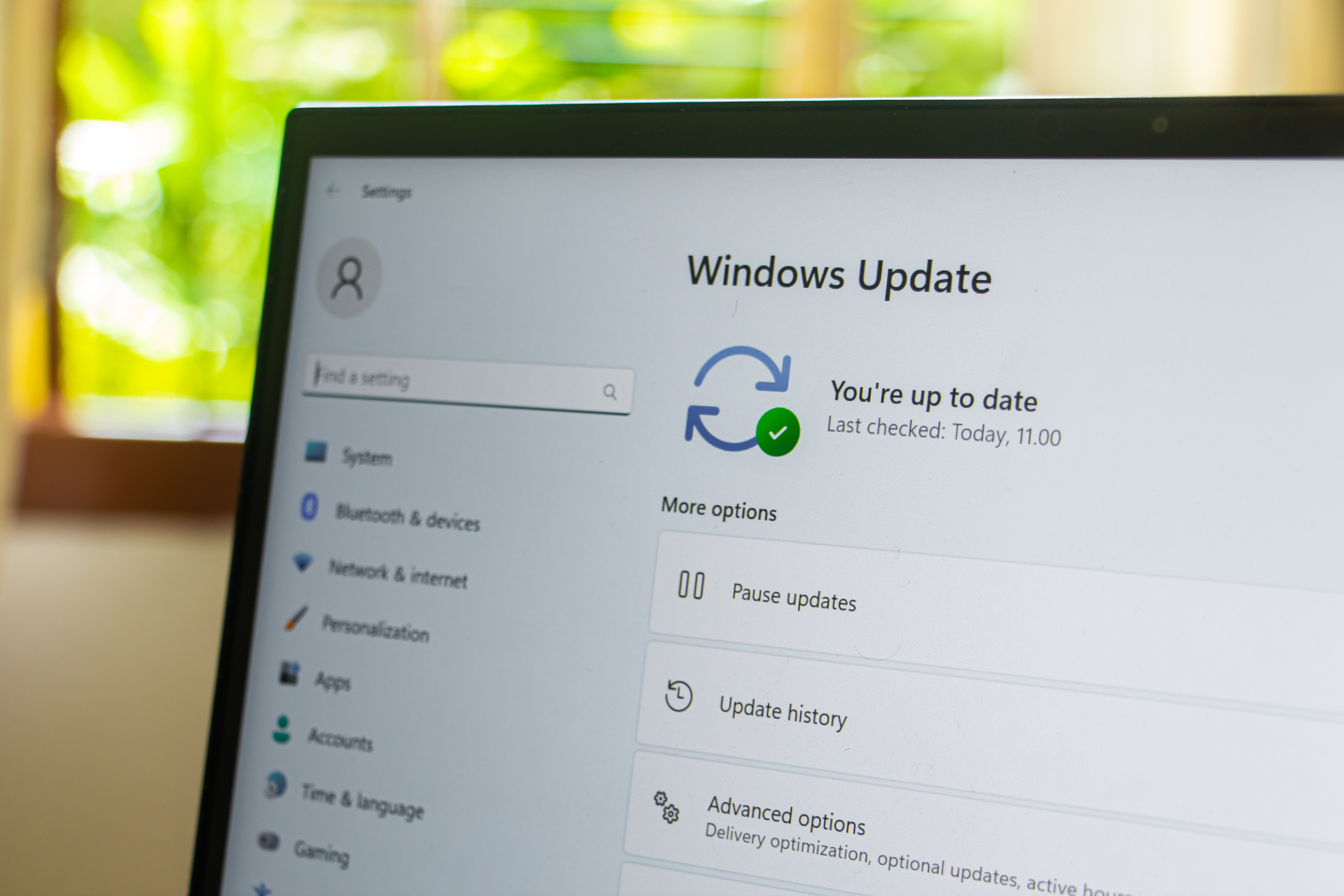Windows 11's 24H2 block list contains more than just customization apps — hardware ID, software, and driver blocks could keep you from getting the Microsoft's AI-focused OS update
Third-party customization apps aren't the only things that will stop 24H2 from making it to your system.

We recently reported that Microsoft is stifling third-party customization apps in its next Windows 11 build, 24H2, preventing outgoing iterations of Windows 11 from upgrading to the new build unless the flagged apps are deleted. However, Deskmodder.de reports that these blockages don't stop with just 3rd party customization apps. Several drivers, apps, and hardware IDs have also been discovered that can trigger an update hold on 24H2, preventing Windows 11 from upgrading to the future Windows 11 build.
The list includes two drivers from Intel (one being an audio driver), a Realtek Wireless USB 2.0 adapter driver, an AMD Radeon Software executable, and an iCloud services executable. This information was extracted from Microsoft's appraiser.sdb for Windows 11 24H2, which holds all the names of potentially unstable applications and drivers.
- ConisioAdmin.exe (Solidworks PDM)
- EaseUS Disk Copy.exe (EaseUS Disk Copy Application)
- epÃodwm.exe (Explorer Patcher) has been included since 22H2
- iCloudServices.exe (iCloud files shared in Explorer via WhatsApp) Starting at 23H2
- RadeonSoftware.exe (AMD GPU perf settings) From 23H2
- StartAllBackCfg.exe (StartAllBack) Already included since 22H2
- Multi-mon + Copilot (Microsoft)
- MergeSdb (Microsoft)
- Intel IntcOED.sys (Intel)
- Intel IntcAudioBus.sys (Intel) (%WinDir%-System32-drivers-IntcAudioBus.sys)
- Realtek 8192su Wireless USB 2.0 Adapter (Realtek) (%WinDir%-System32-drivers-RTL8192su.sys)
The German news outlet also revealed a host of hardware IDs that have been added recently or extended for 24H2. However, we won't cover it here since it's a massive list. Similar to the blocked apps above, this hardware ID list is an accumulation of system hardware that Microsoft deems not safe or too unstable to run 24H2. Check out Deskmodder's full article if you want to see the list of hardware IDs that are affected.
Microsoft's driver, application, and hardware ID block lists, are nothing new. The company has used these lists in the past to block older Windows 11 upgrades to prevent system crashes and system instability on potentially incompatible software/hardware.
This time, however, it appears Microsoft is being extra strict with its block lists, which now affect third-party customization apps. Several of the applications listed above are also quite new, with the iCloud and Radeon Software executables being flagged despite being versions compatible with 23H2 — the latest build of Windows 11.
We have reached out to Microsoft for comment and will update the article accordingly. But, it seems like the company is taking extra precautions due to the extensive amount of features that are going into 24H2. 24H2 is effectively the AI patch for Windows 11, which incorporate an extensive amount of AI-accelerated features throughout the OS. 24H2 could also debut Microsoft's 16GB RAM requirement for AI PCs.
Stay On the Cutting Edge: Get the Tom's Hardware Newsletter
Get Tom's Hardware's best news and in-depth reviews, straight to your inbox.

Aaron Klotz is a contributing writer for Tom’s Hardware, covering news related to computer hardware such as CPUs, and graphics cards.
-
edzieba Microsoft have been doing this per-build block flagging for many years, since Windows 10.Reply
Rather than halting an entire build rollout because a small handful of applications (or devices) are not playing nice, they only halt the rollout for anyone with those applications/devices and keep going for everyone else. It's why the list regularly changes and why applications are added and removed 'at random': they are added when an issue is confirmed, and removed when it is resolved. -
toffty Reply
But these news sites need to sensationalize everything for clicks! Stop spreading the truth and let the fearmongering rule!edzieba said:Microsoft have been doing this per-build block flagging for many years, since Windows 10.
😮💨 -
milleron The software list is pretty self-explanatory, but the hardware list could sure use some professional annotation for us laypersons. Hopefully, a clued-in expert will weigh-in on this. {hint, hint]Reply